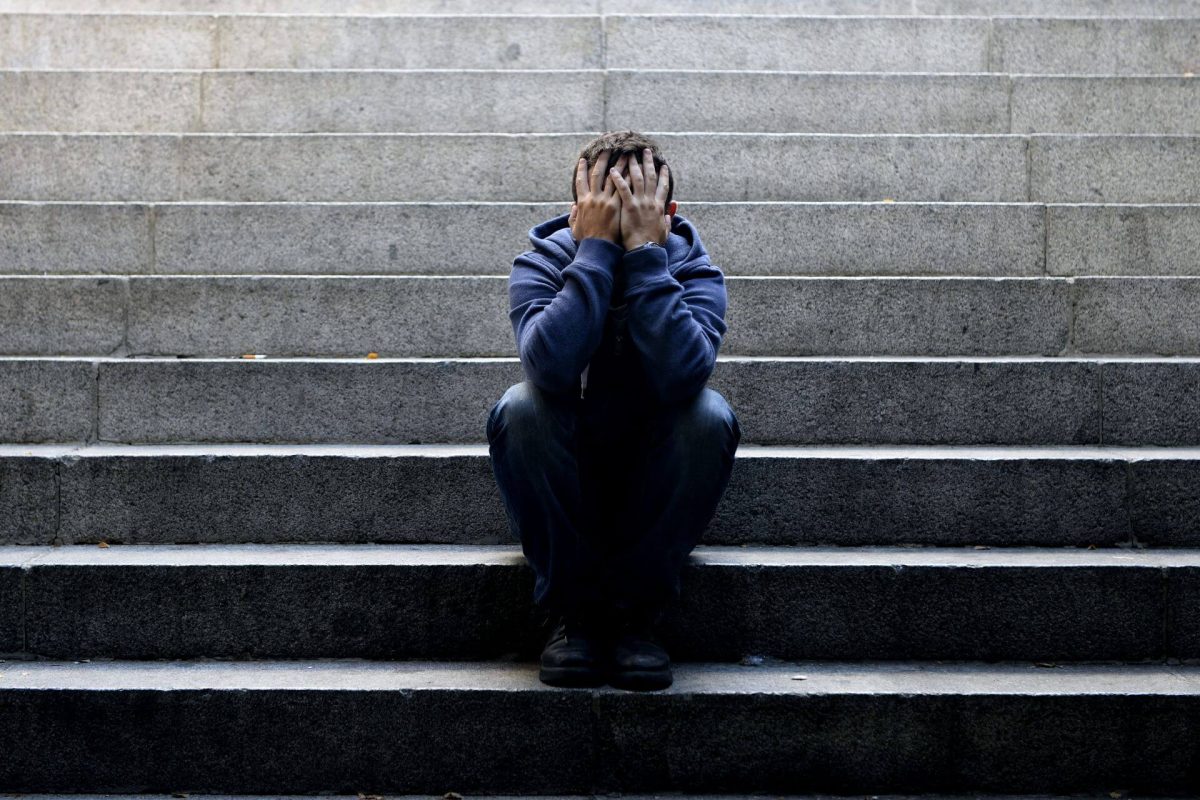It should come as no surprise that many people who have problems with addiction also have problems with anger.
They are often interlinked, with statistics clearly demonstrating a correlation between substance abuse disorders and violent crime.
For example, one study showed that up to three-quarters of those who begin addiction treatment have previously engaged in violent behaviour.
Likewise, substance use has been found to be involved in between 40 and 60 per cent of domestic violence incidents.
While clearly, the two go hand in hand, their relationship is complex. It’s not a simple case of addiction leading to anger; some addicts will take substances in an attempt to manage or suppress their anger too.
Addiction leading to anger

Most individuals who have problems with addiction have difficulty processing their emotions as a result.
People living with addiction have to cope with highs and lows and it is challenging to manage such difficult or intense feelings, particularly when under the influence of substances.
Of all substances, alcohol is most associated with violent behaviour, with it playing a role in almost half of all violent and sexual assaults.
Being under the influence of alcohol itself doesn’t cause violence, but it increases the chances of violent behaviour in some individuals. This is because alcohol is a disinhibitor which disrupts normal brain function and encourages people to take actions they would typically try to suppress.
Alcohol also interrupts cognitive processing which makes it difficult to make good decisions, solve problems and control anger.
While these effects are mostly in the short term, the abuse of other substances is known to produce aggression or anger in the long term.
Those who are addicted to methamphetamine, for example, may experience anxiety, confusion, insomnia, mood disorders and aggressive or violent behaviour as a result of long-term use.
Similarly, prolonged abuse of hallucinogens and cocaine can produce violent, erratic or paranoid behavior.
Anger leading to addiction

Addiction can be caused by many factors. Unresolved or unprocessed anger is one of them.
Anger can take many forms (fury, outrage, wrath, irritability, hostility, resentment, violence…) On the whole, they can all be linked back to fear and/or pain – and an instinct to protect yourself from them.
Substances often become misused after first being taken as a coping mechanism. Those who feel anger over a lack of control in their day-to-day life – be it their relationships, career or family life – may take substances to try to make themselves feel better about their situations. Likewise, some people become addicted after continued use of substances in a bid to try to forget past trauma or to suppress their anger and violence.
Similarly, suppressed anger can also result in mental health problems such as depression, anxiety and self-harm, as well as feelings of helplessness and hopelessness. To “help” with this, some individuals end up self-medicating with harmful substances.
How does anger manifest in addicts?
Unresolved anger issues can manifest in various different ways, regardless of the substance involved.
The individuals concerned could exhibit a range of behaviours, including mood swings, irritability, discontentment, fury, resentment or hatred.
Broadly speaking, it’s believed that there are three main types of anger:
- Passive aggression. This involves giving people the silent treatment or saying everything’s fine when it’s not. You feel angry but act passively out of fear of confrontation.
- Open aggression. This typically involves bullying, shouting, blackmailing or criticising others. In this form of anger, individuals may lash out and become physically or verbally violent.
- Assertive anger. This is often known as “the healthiest form of anger”. This is because you talk about your feelings and listen to others instead of acting out.
Because of the nature of addiction, the first two are the most common, with substances often altering the brain’s ability to reason.
In order to channel anger in what is considered the ideal way (assertive anger), individuals should consider undergoing therapy in order to develop mechanisms to process anger in a productive manner.
Other consequences of unresolved anger

In addition to playing a significant role in addiction, living with unresolved anger can have many other repercussions.
How you’re able to deal with negative reactions, whether it comes in the form of mild irritation or overwhelming rage, can be the difference between a healthy, happy life and one full of strife.
Not processing anger in a healthy way can result in deep emotional pain, affecting your mental performance. It is also known to present in physical symptoms such as unexplained aches and pains or gastrointestinal problems.
Relationships with family and loved ones can suffer too and make it difficult to hold down a job in the long term or to progress in your career.
While anger is a normal, human emotion that everyone experiences at some moment, most individuals experiencing addiction are unable to process it in a constructive fashion without support or guidance.
Treatment for addiction and anger
Any treatment for addiction, especially if accompanied by anger or other mental health conditions, must first deal with that unresolved anger.
Anger is, in many cases, a common trigger for a relapse. Therefore, understanding how to manage it is vital in keeping recovery on track.
Methods such as group therapy, individual counselling and anger management, as well as studying relaxation, meditation and mindfulness techniques, can all help to develop healthy ways to manage any frustrations or resentment.
However, these must go hand in hand with treatment for the addiction, which may include detox and, in an ideal world, inpatient rehab.
Addiction treatment at White River Manor

At White River Manor we have our own unique approach to treating addiction, alongside any co-occurring conditions.
We understand that recovery is a lifelong pursuit of positive habit-building, maintaining mental well-being and avoiding triggers. This is why we provide a holistic treatment Program, which is shaped around your personal preferences and therapeutic needs.
Using a combination of traditional methods, ancient philosophy and cutting-edge science, the team at White River Manor treats the whole person and not just the addiction. This often includes various elements from the traditional 12-Step Programme, which is known to provide a solid foundation for recovery.
Our personalised, holistic approach promises deep transformational healing and a full recovery which is why we also include a complete aftercare plan to support you following treatment.
We will be there to guide and support both you and your loved ones throughout the whole recovery process.
To find out more about our treatments for addiction and problems with anger, please contact us and take the first step on your healing journey.







